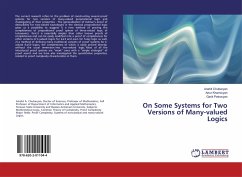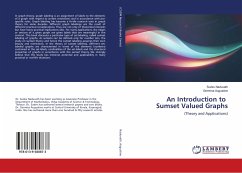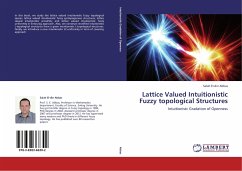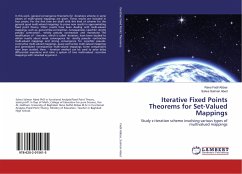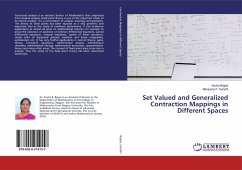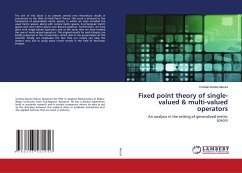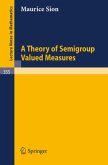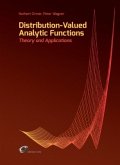The current research refers to the problem of constructing several proof systems for two versions of many-valued propositional logic and investigating of their properties . The generalization of Kalmar's proof of deducibility for two-valued tautologies in the classical propositional logic gives us a possibility to suggest 1) a new method of proving the completeness of propositional proof system of three-valued logic of Lukasewicz that it is essentially simpler than other known proofs of completeness and can be easily modified into a proof of completeness for other versions of k-valued logics for k 3 and even for fuzzy logic as well, 2) a method of defining many traditional variants of proof systems for k-valued (k 3) logics, the completeness of which is easily proved directly, without the usual immersion into two-valued logic. Most of all the introduced proof systems are "weak" ones with a "simple strategist" of proof search and we have also investigated the quantitative properties, related to proof complexity characteristics in them.
Bitte wählen Sie Ihr Anliegen aus.
Rechnungen
Retourenschein anfordern
Bestellstatus
Storno

